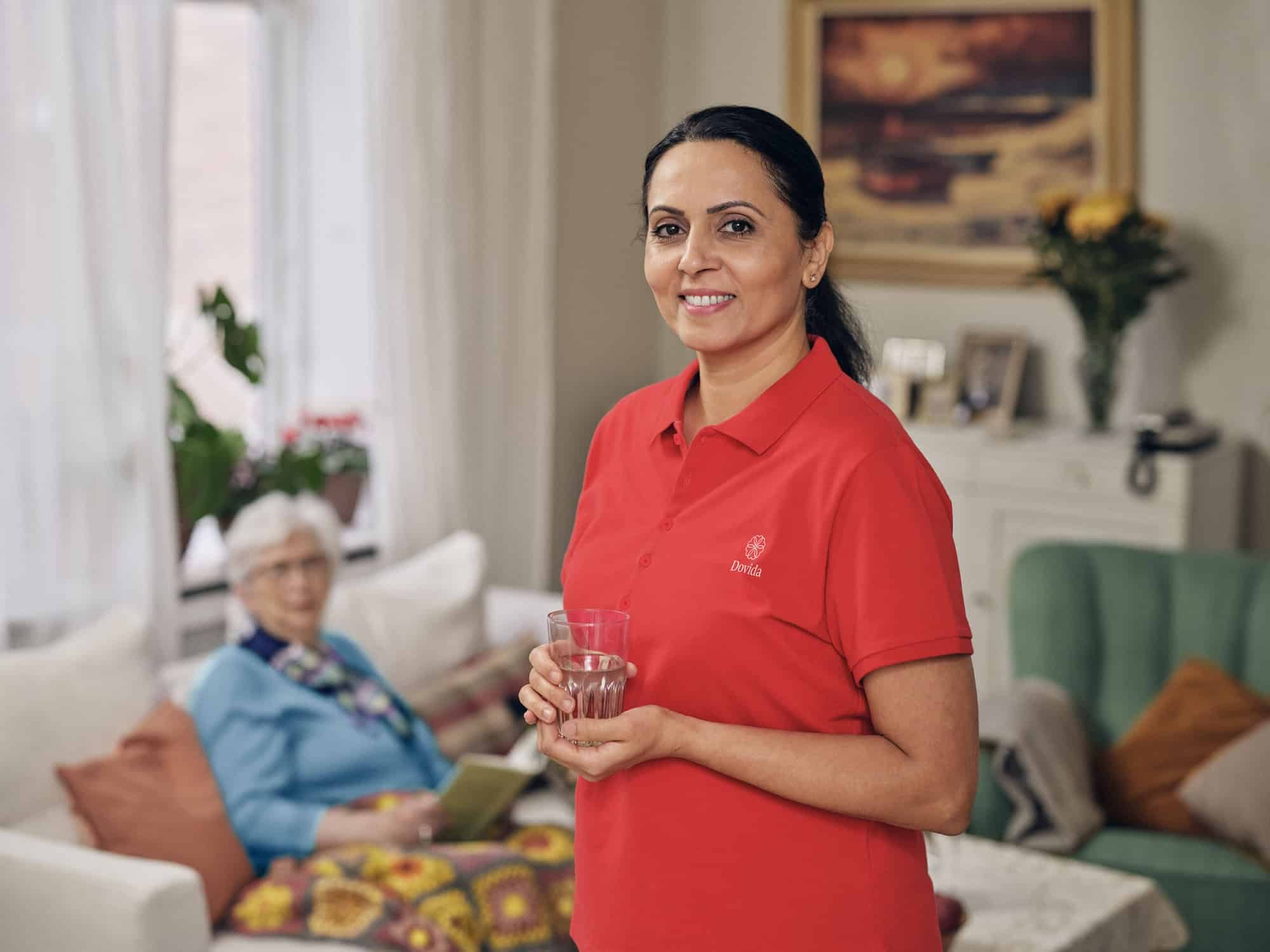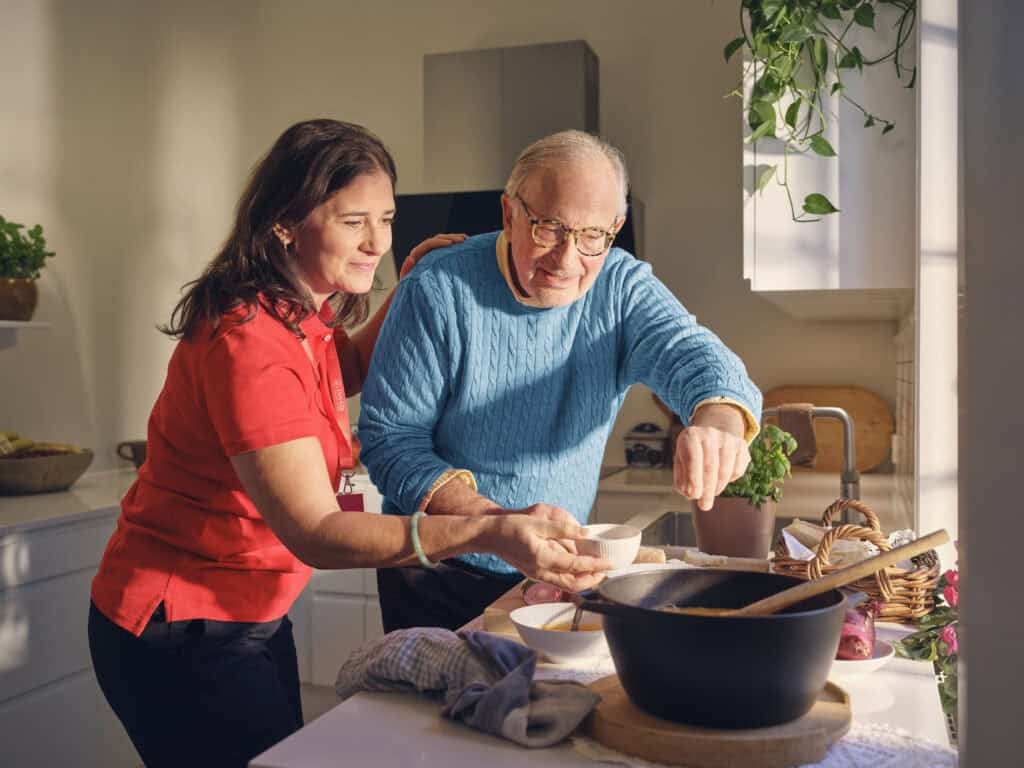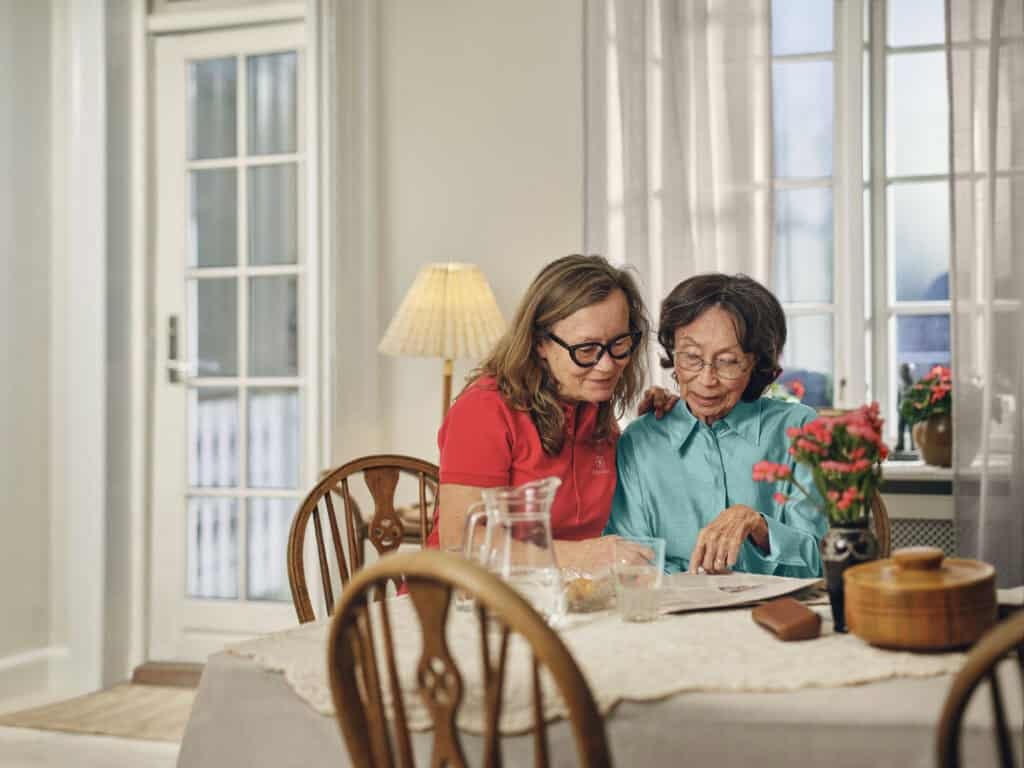15 July 2025
Caring for the Carer

Did you know that approximately 432,000 people, or one in seven adults, are estimated to be informal caregivers, according to a report from Alzheimers New Zealand?
These incredible people provide assistance to family members and friends who have a disability, illness, or are frail due to age.
Many family carers assist with a wide range of daily needs, including:
- Personal care
- Housework and meal preparation
- Shopping and errands
- Transport to appointments
- Medication support
While caring for someone you love feels natural and meaningful, juggling everything alongside your own life can sometimes become overwhelming.
If you’re feeling worn down, it may be time to reflect on how much you’re doing for your loved one whilst deprioritising caring for yourself in the process.
Taking Care of Yourself First
Self-care isn’t selfish—it’s essential if you want to continue providing the best possible support. When you’re healthy and positive, this naturally leads to better outcomes for your loved one too.
Taking care of yourself means ensuring you’re:
- Eating nutritious meals regularly
- Getting adequate sleep
- Staying physically active
- Maintaining social connections
- Doing something just for you
Caring for Your Emotional Wellbeing
Self-care isn’t just about physical health—your emotional wellbeing matters just as much. Caring for a loved one, especially someone whose health is declining, can be emotionally challenging.
Sometimes talking with a trusted friend or family member helps, but don’t hesitate to reach out to trained healthcare professionals when you need additional support through counselling services.
Disability Support Services New Zealand (DSS) offers Carer Support, a subsidy to provide full-time carers with a break from their caring role. This support contributes to the costs of care and support for the disabled person, allowing the carer to have time off. Carer Support is accessed through a Needs Assessment and Service Coordination (NASC) organisation.
There are also other emotional support services specifically for carers that can be found on the Carers New Zealand website. These include:
- In-person peer support groups, where you can meet other carers in your area and share knowledge and information with like-minded people
- Online forums to ask questions about particular aspects of caring for your loved one and joining in on discussions about a variety of relevant topics
- Helpful tips and information on a huge range of different areas of formal and informal care
- Upskilling via free webinars and other resources on many different carer-centric subjects
- Guidance on any potential free services (cooking, cleaning, transport, respite care) and/or equipment that you utilise during your carer duties
When It’s Time for Extra Support
Sometimes, despite all the resources and self-care in the world, there simply aren’t enough hours in the day. If lack of time is one of your major challenges, it might be time to consider bringing in professional support.
If you’ve been wondering whether it’s time to introduce some extra help to relieve stress and help you connect better with your loved one as a person rather than just their carer, now may be the perfect time to explore your options.
Remember, seeking help doesn’t mean you’re not doing enough—it means you’re wise enough to recognise that everyone deserves support, including you.

